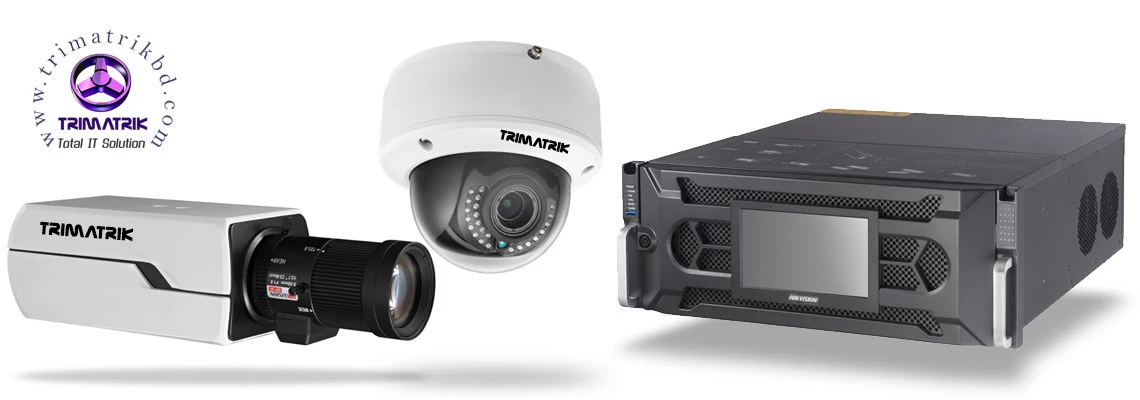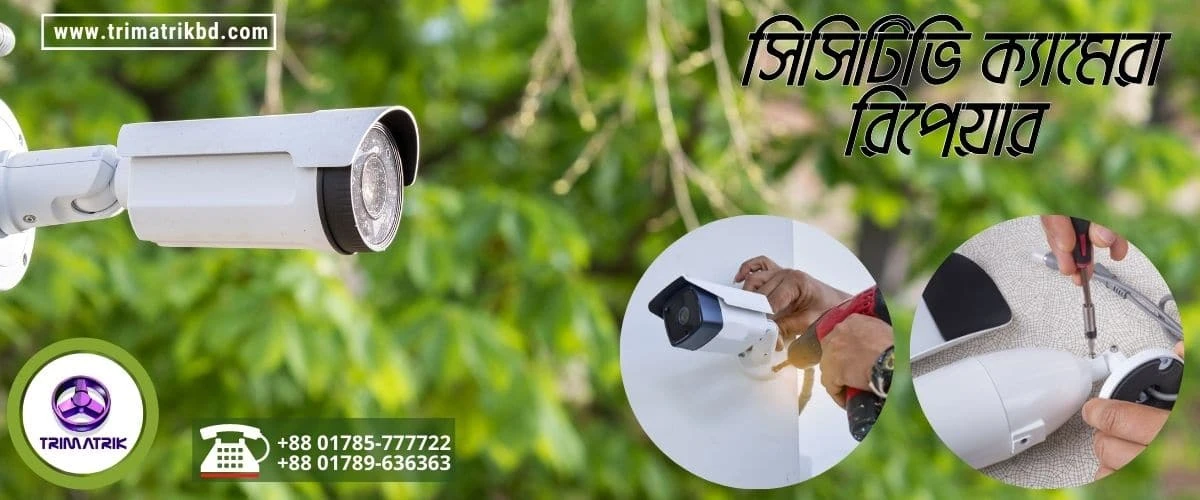CCTV Camera Repair in Dhaka, Bangladesh

CCTV cameras are playing an important role in confirming the safety and security of homes and businesses as well as public areas. However, like any other technology, they can raise issues gradually. There's no need to worry about your CCTV problems if you’re in Dhaka and struggling with it. Routine maintenance and professional repair services are crucial to run your monitoring system smoothly.
In this guide we will discuss the best CCTV camera repair in Dhaka and also some other factors. Let's start exploring!
Importance of CCTV Camera Maintenance and Repair
Dhaka is a crowded area and the demand for CCTV cameras is high here. These surveillance systems provide mental peace by discouraging crime and supervising activities from home to offices. But if you don't maintain them correctly, even the best CCTV cameras may ruin and leave you vulnerable.
And, if you ignore timely repairs, it can cause:
- Gaps in security coverage.
- Reckless footage during critical moments.
- Expensive replacements if issues remain unchecked for a long time.
Benefits of hiring professional CCTV repair services in Dhaka
Choosing professional services makes sure:
- Expert solutions: skilled technicians can identify and fix complex issues effectively.
- Time-saving: professionals can repair issues faster and reduce downtime.
- Cost-effectiveness: proper repairs minimize the need for costly replacements.

How to Choose the Best CCTV Camera Repair Service in Dhaka
Choosing the right CCTV repair service provider might be tough. Here are some tips to make the right choice:
- Experience matters: select technicians with expertise in repairing different CCTV brands and models.
- Customer reviews: check for feedback from previous clients to measure service quality.
- Affordable pricing: compare prices of different service providers without compromising on quality.
Trusted CCTV Camera Repair Service in Dhaka
There are numerous companies in Dhaka that provide professional CCTV repair services. But, among all these companies, you can rely on Trimatrik Multimedia without any confusion. Because we offer:
- 24/7 customer support.
- Genuine spare parts.
- Warranty on repair services.
Moreover, we prioritize your security and provide quality service.
Tips to Maintain Your CCTV Camera After Repairs
Once you have repaired your CCTV camera, follow these tips given below to make its lifespan longer:
- Regularly clean the camera lens; dust and dirt may impact lens quality.
- Perform routine system checks to make sure hassle-free activities.
- Assess cables and connections for wear and tear to secure connections.
Final words
Your CCTV camera is the first step towards the defense against security threats. Routine repairs and regular maintenance are crucial to keep your cameras working at their best. If you’re in Dhaka, don't waste your time when small issues turn into big ones. Contact Us today, the trusted CCTV repair service to make sure of your peace of mind.
Call Trimatrik Multimedia now and keep your property safe with confidence for professional and credible CCTV camera repair service in Dhaka.



